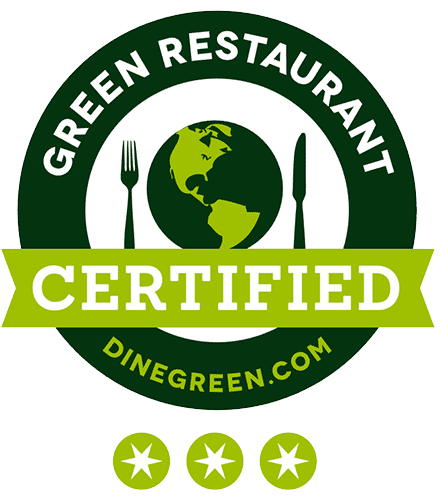Wellness
Superfoods
Superfoods have an outstanding nutrient density; they provide more vitamins, minerals and antioxidants compared to other foods.
January
Citrus
February
Seeds
March
Legumes
April
Sea Vegetables
May
Avocados
June
Leafy Greens
July
Stone Fruits
August
Tomatoes
September
Apples
October
Winter Squash
November
Mushrooms
December
Tea
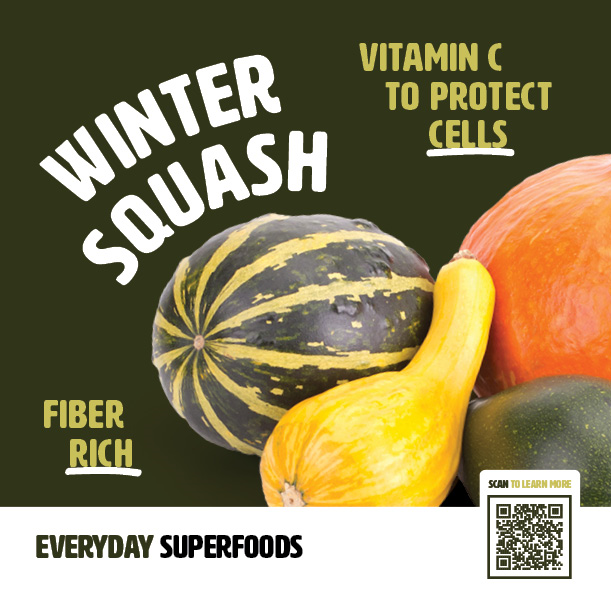
Better for You
All we do at Restaurant Associates begins with delicious food.
We create innovative, sustainable, and healthy menus with more plant-forward recipes, appropriate portion sizes, better-for-you cooking methods, and lower emphasis on meat products.
Through our “Better for You” program—also known as the RADISH program—we offer menus that meet a variety of our guests’ wellness needs. All items in our cafes that show our better-for-you icon fit within specific nutrition criteria, focused on calories, saturated fat, sodium, and added sugar.
Look for the Better for You icon for healthier options in our cafés.
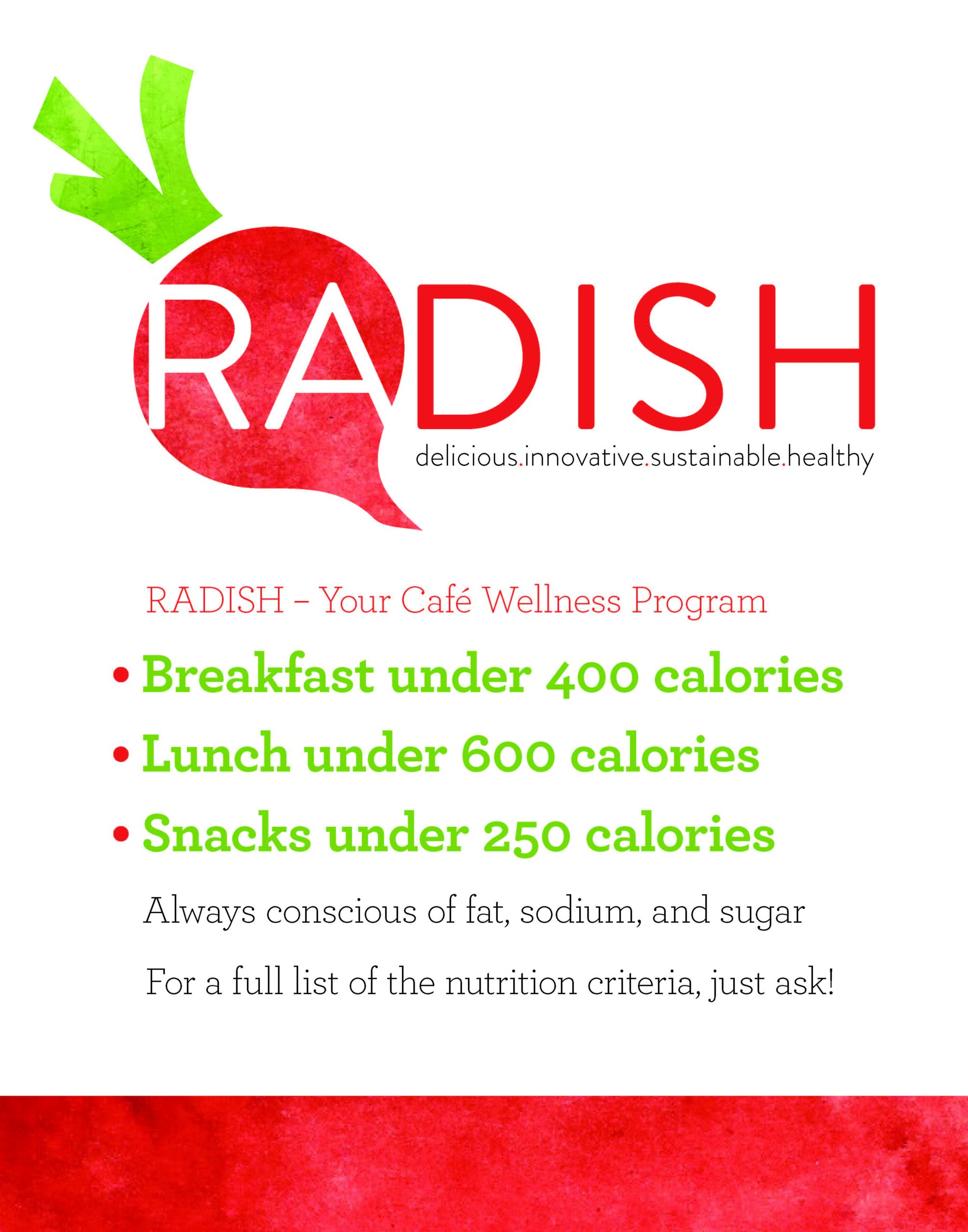
ForLife
ForLife is Restaurant Associates’ holistic wellness program.
Created by our team of Registered Dietitians, ForLife aims to provide our guests with education to make informed decisions in our cafes for personal and environmental health, and with encouragement to cultivate maintainable wellbeing practices for life.
This program covers the four pillars of wellness: Nourishment, Sustainability, Movement and Resiliency. Each quarter, we release new educational content, recipes, and cafe menu features to encourage practices and behaviors specific to that quarter.
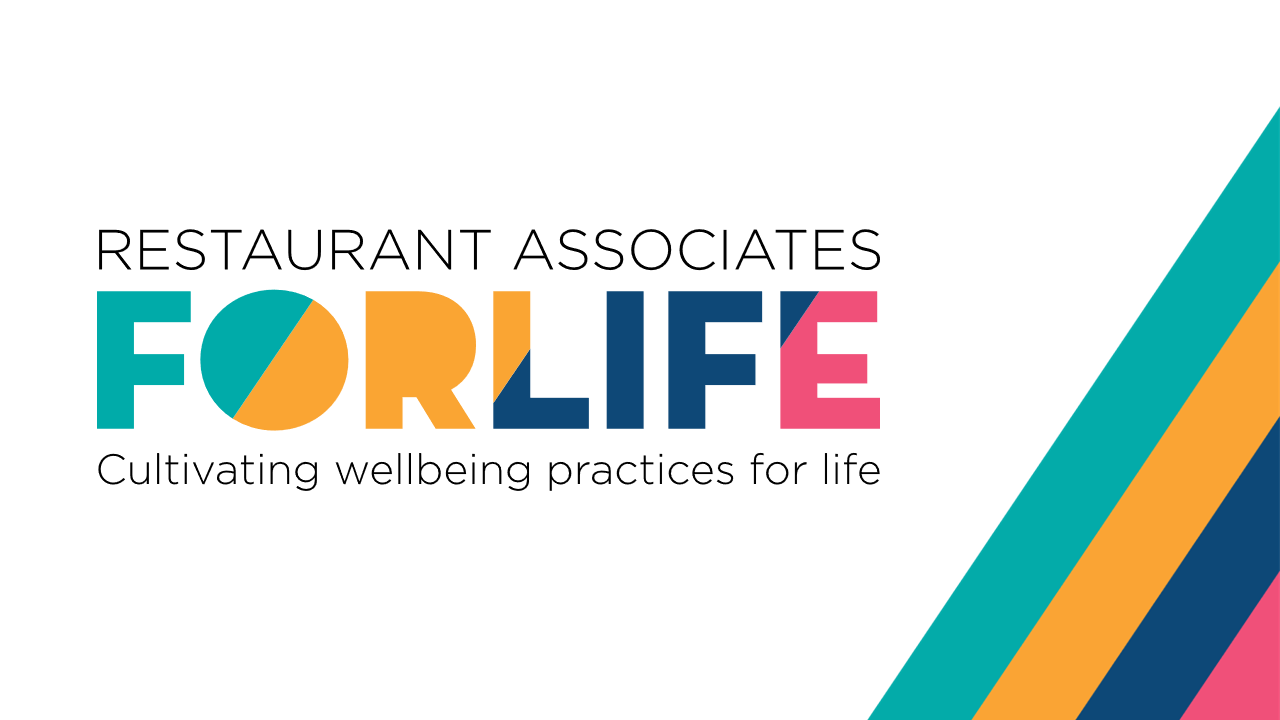
Teaching Kitchen
Teaching Kitchens are a collaborative culinary learning experience hosted by Restaurant Associates with the goal of expanding food, culinary and nutrition literacy.
Participants in these classes receive hands-on experience in collaboration with onsite culinary experts and Registered Dietitians. Participants that complete these classes report having a better ability to plan and cook healthy meals at home, increased frequency of home cooking, reduction in mealtime stress, and an increased appreciation for world cuisines and cultures.
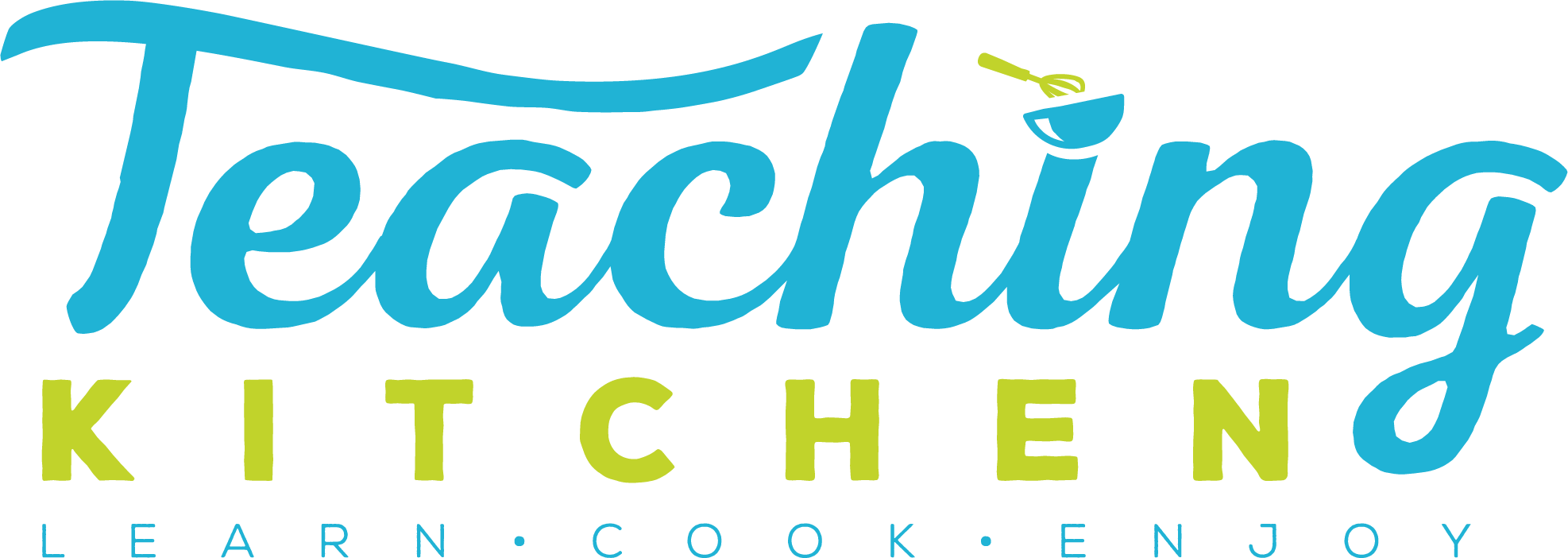
Nutrition Labeling & Recipe Management
At Restaurant Associates, we operate a proprietary web-based software to manage our menus, ingredients, recipes and nutrition data.
The system is primarily used to input recipes, which are used to generate FDA compliant food labels with accurate nutrition and allergen information to meet client and guest demands. This software maintains ingredient accuracy and menu standards to control food production and label accuracy. It is a best-in-class recipe database developed by our culinary leaders, chefs and dietitians. Nutrition labeling is a crucial component of our wellness programs, ForLife and Better for You (RADISH).
For nutritional information, please select the station you’d like to view from the menu bar.
Food Allergies
Our dining services are committed to providing a healthy, safe experience for all, which includes taking measures to ensure the needs of those with allergies and dietary restrictions.
We identify the FDA “Top 9” food allergens on our menus and whether foods are vegan or vegetarian. We encourage anyone with an allergy to notify the Ingredient Expert identified in the cafe to discuss menus thoroughly. Furthermore, our staff completes extensive training on allergens and food safety, such as FARECheck Silver and Gold Certifications.
Avoiding Gluten
Look for the Avoiding Gluten icon on our signs and menus, which identifies menu items prepared without gluten containing ingredients.
We use the term “avoiding gluten” instead of “gluten free” because we handle and prepare menu items with gluten containing ingredients in our main kitchens.

OASIS
The OASIS food station in the Spangler Food Court avoids the FDA “Top 9” food allergens as well as gluten.
OASIS is a unique food station that is intended to provide menu options that are prepared without peanuts, tree nuts, crustacean shellfish, fish, eggs, milk, soy, sesame, wheat or gluten. Our culinary team is dedicated to offering minimally processed, fresh meals made from single source ingredients without hidden additives or seasonings. All food served at an OASIS station is prepared in a separate kitchen and uses equipment and utensils exclusive to them. If you have severe food allergies or intolerances, we suggest you eat from the OASIS station or reach out to our allergy experts.
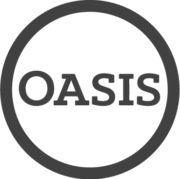
Plant-Based/Plant-Forward Eating
People choose to eat a plant-based or plant-forward diet for a wide variety of reasons:
- Personal health
- Concern over animal welfare
- Impact on the environment
- Religious reasons
- Food allergies
Plant-forward eating is a concept for eating patterns and food systems that include a range of healthier, more sustainable culinary approaches. It emphasizes plant-based food such as legumes, nuts and seeds, grains, vegetables and fruits, but also includes smaller portions of meat, fish and dairy products. Individuals following this type of diet might call themselves ‘flexitarians.’
Flexitarian is an eating pattern focused on plant-sourced foods and much less reliant on meat. Those following this pattern likely often follow a vegetarian model with occasional meat, poultry, seafood and dairy.
Pescatarian is a vegetarian diet that includes seafood.
A vegetarian eating pattern is one which does not include meat or seafood, but does include eggs, dairy products and honey.
A vegan eating pattern is fully plant-based and eliminates all animal meat and animal products, including any food made from an animal, such as beef, chicken, seafood and any animal products such as milk, eggs and honey.
Allergen Warning
Be aware that we handle and prepare egg, milk, wheat, gluten, shellfish, fish, soy, sesame, peanut and tree nut products, and other potential allergens in the food production areas of our facility. Risk of cross contamination may occur without our knowledge due to the proximity of other ingredients containing allergens. Guests with food allergies or specific dietary concerns should speak with our ingredient allergen expert for individualized assistance.

